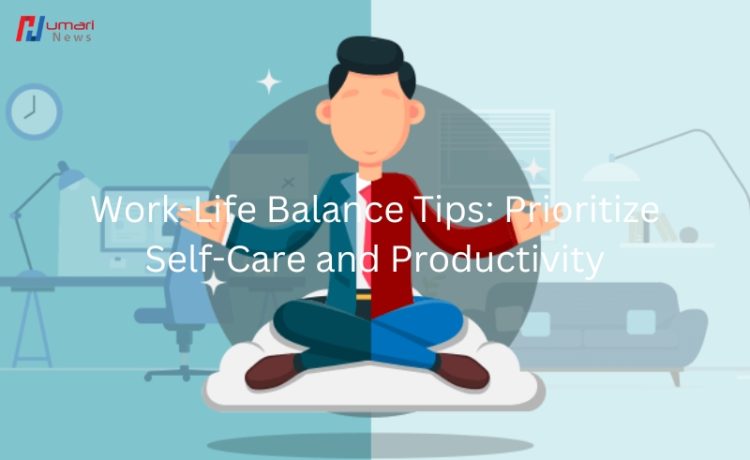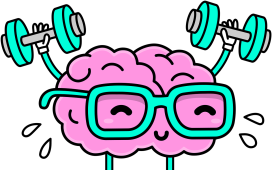Achieving a harmonious balance between work and personal life is essential for overall well-being and success. By prioritize self-care and productivity, you can enhance your job performance, reduce stress, and enjoy a fulfilling life outside of work.
Set Clear Boundaries

- Define work hours: Establish specific work hours and adhere to them as much as possible. This creates a clear separation between work and personal time.
- Create a dedicated workspace: Designate a specific area for work to minimize distractions and help you focus.
- Learn to say no: Politely decline additional responsibilities or commitments if your plate is already full. It’s okay to prioritize your well-being.
Prioritize Self-Care
- Schedule relaxation time: Incorporate activities you enjoy into your routine, such as hobbies, reading, or spending time in nature.
- Prioritize sleep: Aim for 7-9 hours of quality sleep each night to recharge your body and mind.
- Nourish your body: Eat a balanced diet and stay hydrated to support optimal physical and mental health.
- Regular exercise: Engage in physical activity to reduce stress, improve mood, and boost energy levels.
- Mindfulness and meditation: Practice mindfulness or meditation techniques to manage stress and increase focus.
Effective Time Management
- Time blocking: Allocate specific time blocks for different tasks or activities to improve efficiency.
- Prioritize tasks: Focus on important and urgent tasks first to maximize productivity.
- Delegate when possible: Share responsibilities with colleagues or family members to reduce your workload.
- Minimize distractions: Create a distraction-free environment to enhance focus and concentration.
- Set achievable goals: Break down large projects into smaller, manageable steps to avoid feeling overwhelmed.
Build a Strong Support System
- Open communication: Discuss your workload and boundaries with your supervisor or colleagues.
- Seek support: Share your challenges and concerns with friends, family, or a mental health professional.
- Join support groups: Connect with others who face similar work-life balance challenges.
Continuous Learning and Growth
- Skill development: Invest time in learning new skills to advance your career and personal growth.
- Seek feedback: Actively seek feedback from colleagues and mentors to identify areas for improvement.
- Step outside your comfort zone: Embrace new challenges and opportunities to expand your horizons.
Remember, work-life balance is a journey, not a destination. It’s important to find what works best for you and make adjustments as needed. By implementing these tips and prioritizing self-care, you can create a fulfilling and sustainable work-life balance.
Technology and Work-Life Balance
Technology can be both a boon and a bane for work-life balance. While it offers flexibility and efficiency, it can also blur the lines between work and personal time.
- Set digital boundaries: Establish rules for technology usage, such as turning off notifications during personal time or designating specific devices for work.
- Digital detox: Schedule regular breaks from technology to recharge and reduce stress.
- Leverage technology: Use productivity apps and tools to streamline tasks and create a better work-life balance.
Finding Fulfillment and Happiness

Achieving a healthy work-life balance is crucial for overall happiness and well-being. It’s about finding fulfillment in both your professional and personal life.
- Reflect on your values: Identify what truly matters to you and align your actions accordingly.
- Practice gratitude: Focus on the positive aspects of your life to enhance your overall outlook.
- Celebrate successes: Acknowledge your achievements, both personal and professional.
Conclusion
Striking a balance between work and personal life is a continuous process that requires self-awareness, planning, and flexibility. By prioritizing self-care, setting boundaries, and effectively managing your time, you can create a fulfilling and sustainable work-life balance. Remember, it’s not about perfection but progress. Small steps can lead to significant improvements in your overall well-being and happiness.







